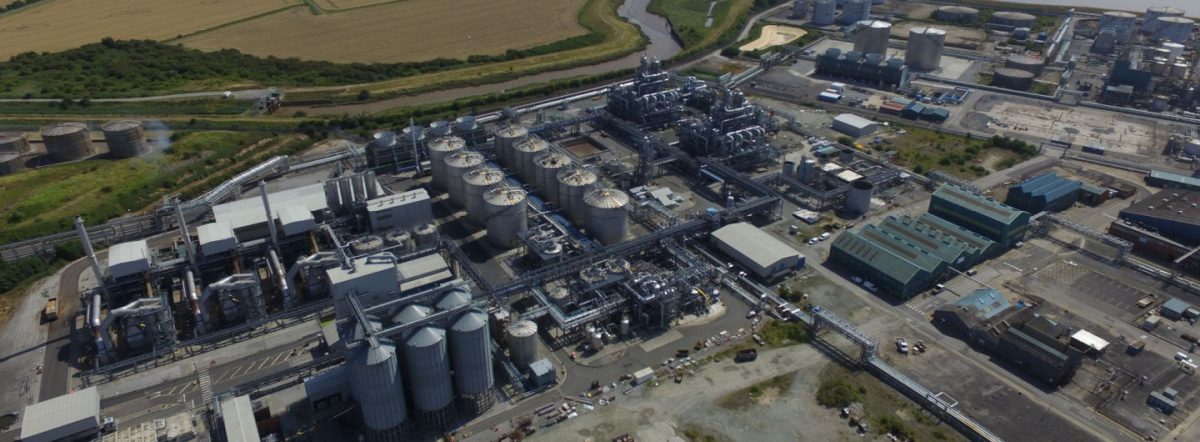Energy industry bosses have long been arguing that hydrogen could be the solution to high energy bills and ending our reliance on traditional fossil fuels.
However, the evidence suggests it could actually make life a lot worse for vulnerable households.
Despite big name corporations backing plans to replace gas in our homes with hydrogen, a review of 32 independent studies revealed that none of them support widespread use of hydrogen for heating in homes.
The problems associated with hydrogen for those suffering from high energy bills fall into three main groups:
Explosive: Hydrogen is four times more explosive and four times more likely to result in a fatality or injury in homes than fossil gas – as shown by the Government’s own commissioned safety assessment.
Costly: Hydrogen is significantly more expensive than using fossil gas for heating and could add on average 70% to heating bills from 2025 for both electricity and fossil fuel-based hydrogen, according to a study by Cornwall Insight. Some estimates suggest far higher costs for hydrogen from renewable electricity. For example, to run a boiler on hydrogen from renewable electricity compared to a heat pump could cost twice or even six times as much, according to the Hydrogen Science Coalition. Government plans to impose a hydrogen levy on customers bills to pay for the development of hydrogen will add to people’s bills. In addition, home appliances will also have to be changed to accept this new fuel and cautious estimates suggest it would cost approximately £171 billion to convert appliances and infrastructure to hydrogen across the UK. The public are nervous about such costs, especially for those in vulnerable groups.
Harmful to health: Hydrogen produces dangerous nitrous oxide (NOx) emissions when burned in people’s home appliances, which can have serious health impacts. Even short-term exposure can cause inflammation of the airways and increase vulnerability to respiratory infections and allergens. Asthma + Lung UK warn that it can worsen the symptoms of people with existing lung problems and could lead to children developing asthma, while other vulnerable groups, such as those with heart conditions, may also suffer. The smaller nature of the hydrogen molecules also means that this is more likely to seep out of pipe work than fossil gas.
Given the focus on the future of the Britain’s broken energy system, hydrogen also causes concern when examined from a wider perspective.
The industry has developed code for describing how hydrogen is made – none of which methods are particularly good for the planet.
For example, “grey hydrogen” means reforming fossil fuel gas which you can then turn into “blue hydrogen” by offsetting the emissions through carbon capture and storage or create “turquoise hydrogen” which forms of a coal type dust which can be used in some tyre manufacturing.
The approach often referred to as “green hydrogen” uses electricity to create the new fuel. However, even this can be energy intensive, inefficient and costly and at present relies on electricity created by gas-fired power stations. It will mean that the UK has to continue to import huge volumes of gas at international prices.
Using fossil gas to produce hydrogen for heating would require 45% more fossil gas than if using it directly for heating, according to the Hydrogen Science Coalition while the carbon capture and storage technology needed to produce low carbon hydrogen using fossil gas has not been proven at scale.
When produced from fossil gas, hydrogen’s greenhouse gas footprint is more than 20% greater compared to directly using the gas for heating, according to research by Cornell and Stanford University.
If produced using electricity, it would require extensive additional renewable electricity. This risks diverting renewable electricity from other uses or could mean that fossil fuel-based electricity is used instead.
Estimates suggest that until around 2030, hydrogen production using electricity would require a mix of sources and therefore result in higher carbon emissions than using conventional fossil gas boilers, according to David Cebon, Professor of Mechanical Engineering at Cambridge University and a member of the Hydrogen Science Coalition.
Although a full network conversion to hydrogen is likely some years away, the government is consulting on proposals that may soon allow hydrogen to be ‘blended’ into the existing fossil gas network (read the EFPC response to the consultation online in this pdf). Estimates differ on how much this would cost, but blending hydrogen into the gas grid would also lead to an increase in bills for consumers which could run into hundreds of pounds a year. Whether paid for through a levy or added directly to consumer energy bills, these costs would disproportionately affect the 85% of fuel poor households currently connected to the gas grid. There is also concern that this would lock the country into a path dependency that would encourage the fossil gas industry to triple down on its heat pump delay tactics.
This means that relying on any form of hydrogen for heating – no matter how it will be produced – creates serious delays to existing climate friendly and cheaper alternatives, such as heat pumps and risks being used as a method to keep the UK hooked on fossil fuel infrastructure longer than needed.
While proponents of hydrogen argue that heat pumps are not suitable for all housing types a study for the Energy Systems Catapult categorically found this to be not to be the case and the Government’s own data predicts that 90% of the UK housing stock is heat pump ready. Equally arguments about the inefficiency of heat pumps also appear to be misguided with research finding them to be three times more efficient than fossil gas boilers.
Therefore, we can be confident that hydrogen will not help improve energy security, will not help to bring down costs and will not help improve the environment when used for domestic heating.
Thanks to Global Witness and End Fuel Poverty Coalition members for providing the background research gathering for this article.

